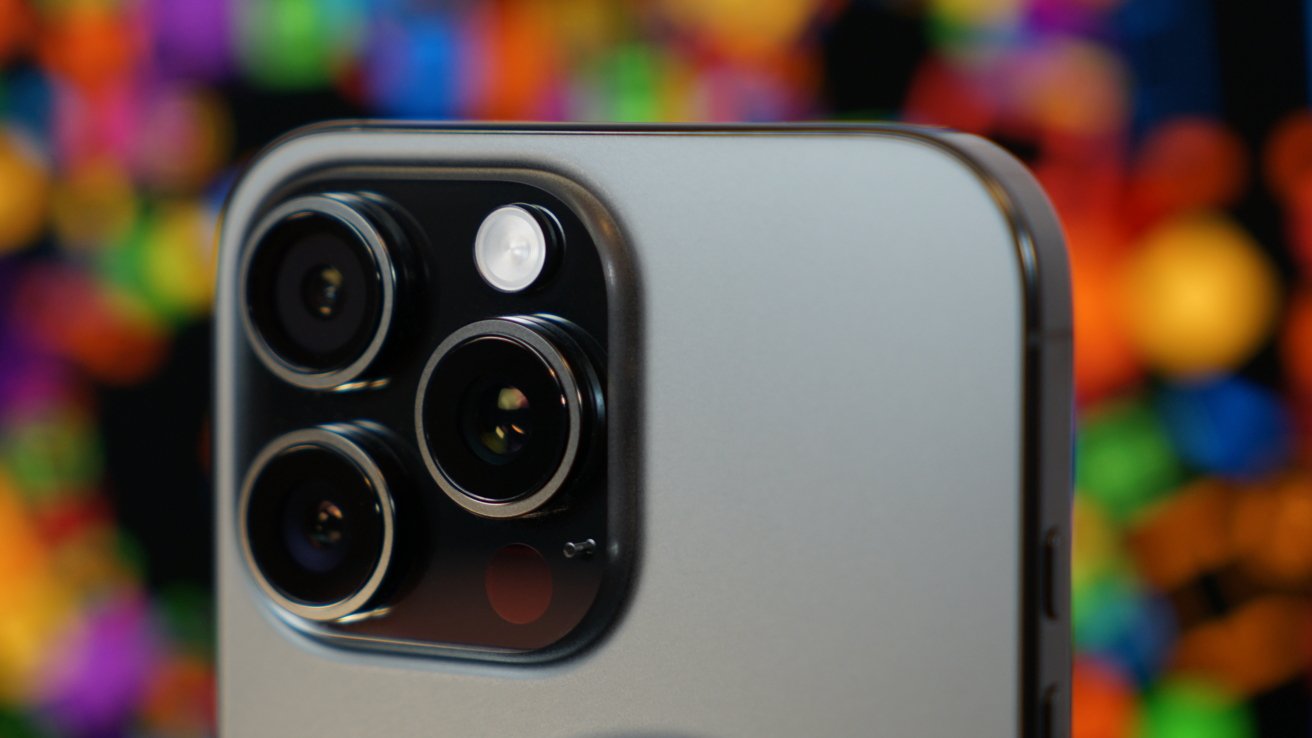App Store Freedom Act hopes to bring alternative app stores to US iPhones
A bill proposed in Florida may bring DMA-like provisions to the United States, forcing Apple to allow alternative app stores, third-party payments, and side loading on iPhones.

Alternative app stores could come to US iPhones if a new Florida bill passes
Apple has been wrestling for control over its platforms for years as regulators around the globe seek to open up the walled garden. The biggest effort to date, the EU Digital Markets Act, has inspired action in the United States before, but the latest bill may go full force.
Even though the United States government has stated it won't tolerate foreign entities regulating and fining Apple, that hasn't stopped it from pursuing similar legislation. According to a report from The Verge, Florida Representative Cammack has introduced the App Store Freedom Act to combat companies like Apple and Google.
While these companies aren't named directly, the bill targets any company with app stores that have more than 100,000,000 users. It states that the platform owners must allow third-party app stores, external payment methods, and access to all the same technologies available to developers on Apple's platform.
It also has strict language around Apple not being able to maliciously comply via difficult-to-follow rules or high fees. Basically, it would open the door to using iPhone as the world's biggest and most lucrative distribution system with little to no cost to developers while Apple foots the bill for the underlying technology.
"At its core, this bill seeks to promote a competitive marketplace for consumers and developers," Representative Cammack said in a press release, "ensuring U.S. mobile users can choose the applications, payment methods and platforms that are best for them without unduly forcing developers to comply or the pay the price-- both literally and figuratively-- for straying from the dominant marketplaces' preferences."
While what the bill asks requires a significant overhaul of Apple's business model, the legislators are aware that Apple has already built a similar system in the EU. If the bill passes, the timeframes around execution and enforcement could be quite abbreviated.
In the EU under the DMA, developers can opt to leave the App Store model and distribute their apps via an alternative App Store or website. Apple still collects a commission, but only after 1 million app downloads, and there is an escape hatch if a developer fears they can't afford to pay it.
Apple's compliance with the DMA has come under question repeatedly and has resulted in fines. With ongoing regulatory issues in the Epic Games case, Apple will likely not curry much favor in the US courts either.
By trying to maintain absolute control over its platform every step of the way, it seems Apple may lose more than it bargained for. How it responds to the new US regulations, if passed, could decide what the future of the company's business model and relationship with developers looks like.
Read on AppleInsider

Comments
Even if this is a blatant rip-off on European IP you're most welcome. Just place EU in front of anything name Liberty and you can have it without tariffs or a 30% cut ;-)
Those few companies have sufficient means to limit competition and stifle innovation. Especially when their scope for harm is wide.
The equivalent of 'gatekeeper' will perhaps need to be fleshed out a bit but we can expect the same kind of action (in one form or another) to spread.
Gosh... I guess if Apple's 30% cut is so greedy and onerous, developers must have said, "Screw you, Apple," we're going to focus on developing for Android!" Such a shame that happened! Wait, what's that? Developers ARE still developing for Apple? Oh, that's good!. Wait, and what?! You say many actually prefer developing for Apple, and either develop iOS versions of apps first, or develop for iOS exclusively? But that makes no sense! Apple is ripping them off with a monopoly that gouges them for a 30% cut! What? They say it's worth it because WHY? Hmmmm... okay, so Apple paid all costs to set up the App Store and pays all costs to operate it. Sure, but.... oh, there's more? Go ahead... so Apple is serving up to developers hundreds of millions of iOS users that are, by far, THE most lucrative app buying customer base in the world? Almost a billion app downloads per WEEK? Wow. Okay, now I get... oh, there's STILL more? So because Apple's hardware and software are so tightly interwoven, and because Apple has done such a great job educating its customer base to download and run the latest free iOS updates, it's actually much easier to develop for iOS than all the different flavors of Android out there, with a user base that's all over the map in terms of how recent or old the version is that they're using. So it takes less time to develop for Apple, time is money, AND the app will work more reliably because the iOS version is recent and consistent. Okay... wow....well, sounds like Apple is providing a helluva lot of value for a 30% cut of sales! If someone was giving my business access to that kind of customer base, I'd happily give them 30% of sales! So what do they want from Apple? Say what?! They still want access to that fantastic customer base, but they want to be able to direct them to another site that cuts Apple out of the purchase?! And Apple is the greedy one if they don't allow this?! Yeah, right.
s from your customers.
” It would also require Apple and Google to offer developers “equal access to interfaces, features, and development tools without cost or discrimination,” as well as allow users to remove or hide pre-installed apps.”
The acces to development tools at no cost seems especially nuts.